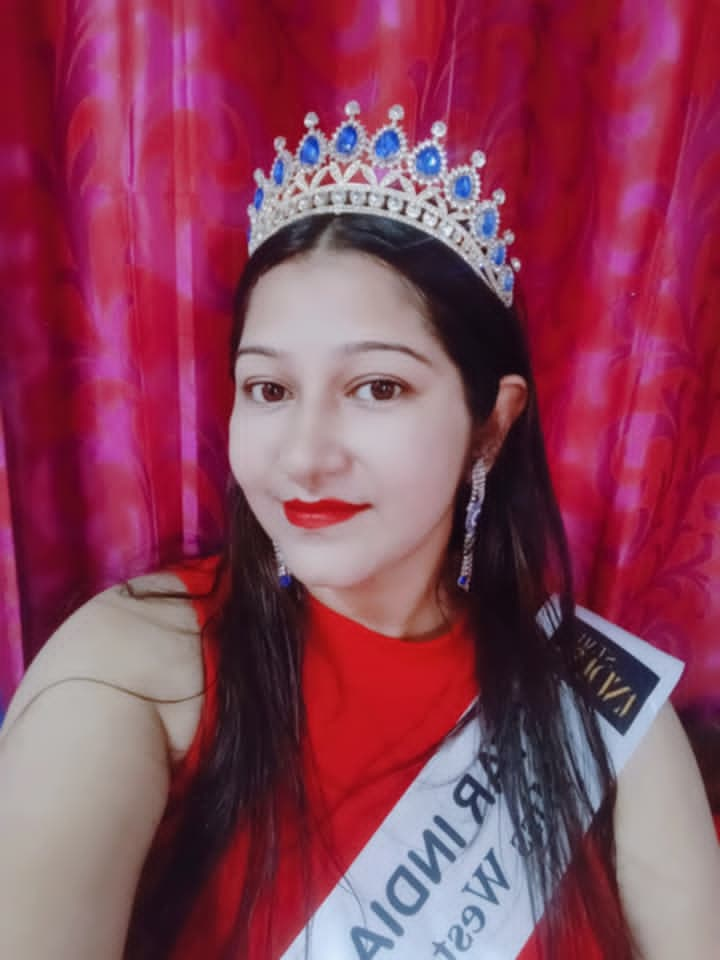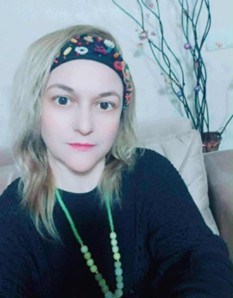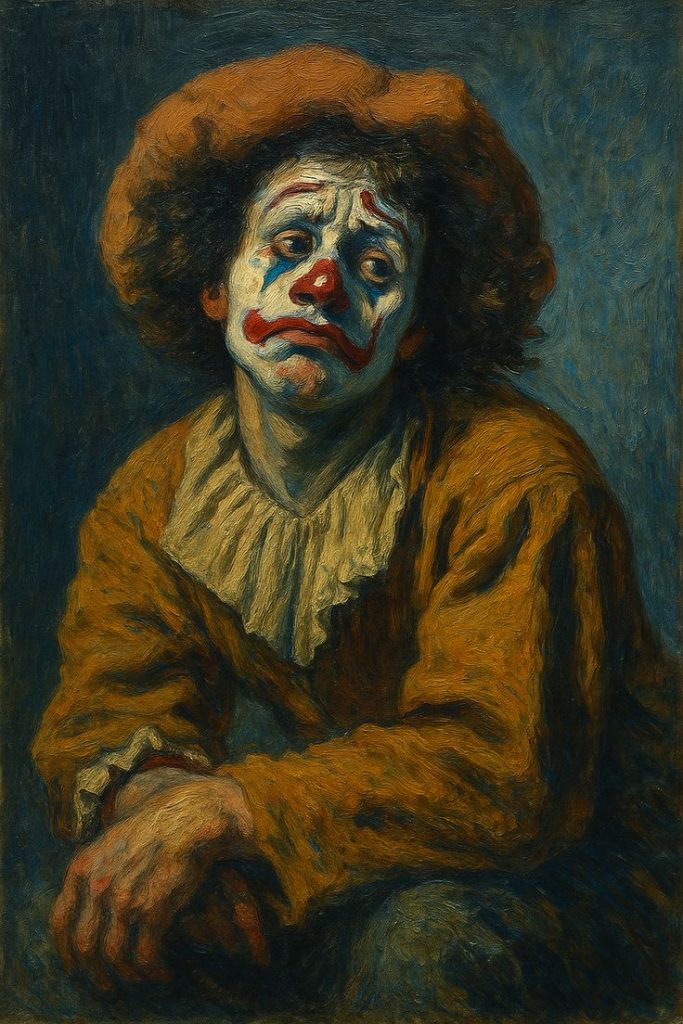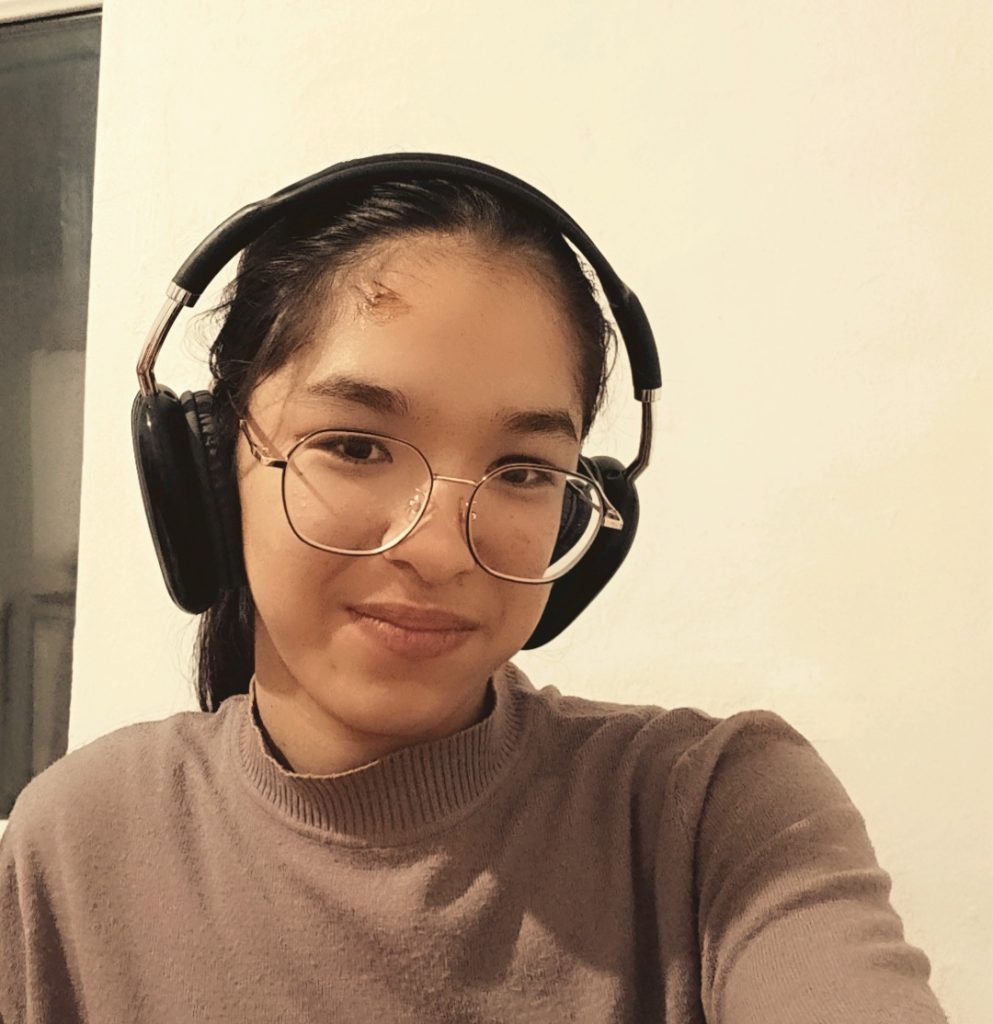Influenza – a Disease That Should Not Be Taken Lightly
Influenza is not just a common cold; it is a highly contagious infectious disease that weakens the entire body. It occurs most frequently during the autumn and winter seasons and is dangerous because it can spread rapidly from one person to many others. A person suffering from influenza often feels extremely weak, experiences body aches, dizziness, loss of appetite, and lacks the strength to carry out daily activities.
Influenza is caused by Influenza A, B, and C viruses. These viruses enter the respiratory tract and damage the nose, throat, and lungs. Since influenza is a viral disease, antibiotics are ineffective against it. The virus also mutates quickly, which is why influenza can occur repeatedly every year.
One of the most dangerous aspects of influenza is how easily it spreads. When an infected person coughs, sneezes, or talks, the virus is released into the air and enters a healthy person’s body through breathing. In addition, the virus can spread through contact with contaminated surfaces. For example, the virus can be transmitted via door handles, mobile phones, money, or dishes, and infection occurs when a person touches their mouth, nose, or eyes afterward. This is why influenza can spread quickly and infect many people in a short time.
People with influenza usually develop a high fever, sore throat, runny or blocked nose, cough, muscle and joint pain. The most troubling symptom is severe weakness and fatigue, making it difficult even to get out of bed. As a result, patients may be unable to go to work or school and struggle to perform household tasks. This significantly reduces a person’s quality of life.
If influenza is not treated properly or is ignored, it can lead to serious complications such as bronchitis, pneumonia, ear infections, or heart-related problems. Influenza is especially dangerous for pregnant women, children, the elderly, and people with chronic illnesses.
Therefore, influenza should not be considered a mild illness. Prevention is extremely important. Regular handwashing with soap, wearing masks in crowded places, ventilating rooms, avoiding close contact with sick individuals, eating vitamin-rich foods, and getting vaccinated against influenza whenever possible are strongly recommended.
Influenza is a serious disease that exhausts the body, reduces quality of life, and can cause severe complications. By taking responsibility for their health and following preventive measures, people can protect both themselves and those around them.
To prevent influenza, cleanliness, caution, and a healthy lifestyle are essential. Frequent handwashing, being careful in crowded places, ventilating living spaces, eating nutritious foods, and getting enough rest are simple yet effective ways to protect against influenza. If everyone follows these rules, they can help safeguard both themselves and others from the disease.
Inomova Kamola Rasuljon qizi was born in 2003 in the city of Andijan. Uzbekistan. She is a 5th-year student at Andijan State Medical Institute.





